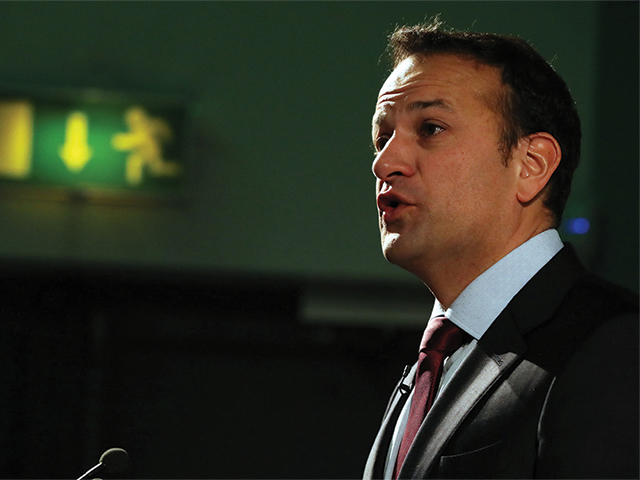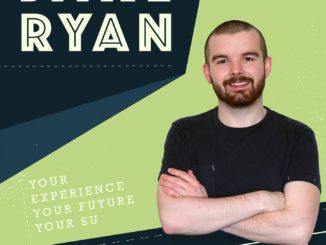
[dropcap]T[/dropcap]aoiseach Leo Varadkar called for an Irish third-level institution to join the new network of European universities currently being proposed by French President Emmanuel Macron.
The plan being set out by Macron states that Europe should have at least 20 “European universities” which would allow students to move between the various institutions with ease and take classes in at least two different languages.
The French President believes having a chain of these universities would help to “create a sense of belonging” that will be the “strongest cement for Europe”.
Speaking on Sunday, 19th November, The Taoiseach expressed his enthusiasm towards the proposal, adding that he would like at least one Irish institution to form part of the new project.
“Over the next couple of years, it’s quite probable that we’ll set up maybe one or two new universities in Ireland and I spoke to him [Macron] today about how enthusiastic we would be about exploring the idea that one of the new universities could be part of that new European University,” said Varadkar.
In response to questioning received as to why a new university should be set up in Ireland, Varadkar emphasised that setting up a new university as the country’s branch in the new European chain would make the most sense.
“People can often question why you would set up a new university in Ireland – do we not have enough of them? Actually, setting up one as our branch of a European university would make sense,” he added.
MA in Translation Studies graduate, Alison Nolan, believes the concept will be beneficial to language students in a variety of ways.
“As a past language student who completed an Erasmus year, I feel it would be extremely beneficial for students, both academically and socially, to experience different languages and cultures.
“Such a development would increase the linguistic strength and multicultural savviness of the future workforce. In a society where multinational corporations are in abundance, such a strategic plan will be of great advantage to those seeking employment in the future,” added Nolan.
James Nolan
Image Credit: The Journal



